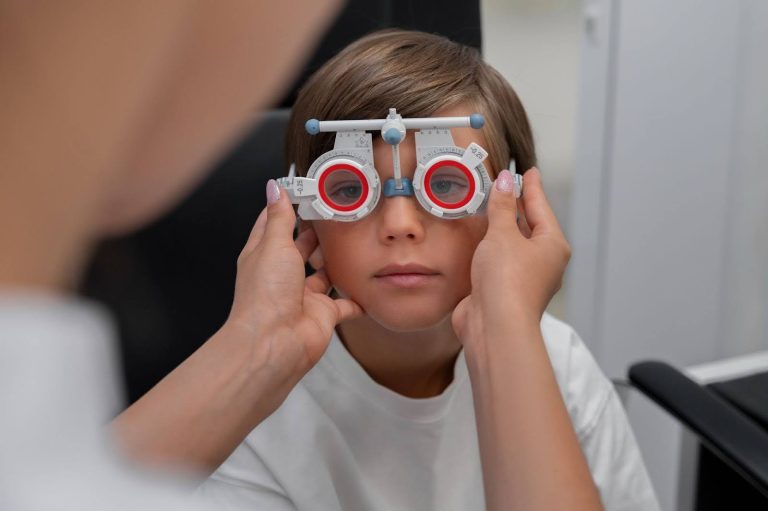Benefits of Early Detection and Treatment for Glaucoma
Regular eye examinations are paramount in catching vision problems and eye diseases early. To approach your appointment with confidence, this article helps you understand what to expect during an eye exam; thus making sure that your eyes receive the best possible care. Remember, proactive measures taken now will go a long way in securing your sight for the years ahead.

A comprehensive eye examination usually involves these steps:
Initially, you would be required to provide your medical history as well as describe any visual issues that you might have experienced. This enables the specialist to understand your overall wellness status together with the risk factors available that can help detect several eye complications.
This test gauges how clear one’s vision is by using the Snellen chart (eye chart). You are made to read some letters of different magnitudes from far away to determine if you require glasses or contact lenses.
Tonometry involves measuring pressure within the eyes which is essential for the detection of glaucoma. The commonest method consists of a puff of air blowing at the eyes quickly.
The doctor will use special lights and magnifying instruments to look at both the external and internal structures of your eyes. This includes checking whether the cornea, lens, retina, and optic nerve are free from any disease or abnormality.
After all tests have been done, your optometrist will discuss results with you, and describe probable courses of action such as prescription glasses/contact lenses depending on the nature of the condition found or additional tests needed for accurate diagnosis. They might also offer advice on maintaining good eye health including managing digital eye strain, protecting your eyes from UV light, and scheduling regular check-ups.
Regular eye exams are essential for detecting changes in your vision and identifying potential eye diseases early. It’s generally recommended to have an eye exam every one to two years, depending on your age, risk factors, and overall eye health. However, individuals having certain medical conditions or a family history of eye illnesses may require more check-ups than this.
When planning for your eye health check-up, always go for a renowned optometrist or ophthalmologist. The length of an optical exam changes depending on what diagnostic tests are done as well as any other evaluations required. Usually, an appointment will last between 30 minutes and one hour, so come prepared.
If you’re wearing glasses or contact lenses, bring them along. Also, make a list of any medications you’re taking. For some patients, the eye doctor will use drops to dilate the pupils, to get a better view of the retina and optic nerve. Due to the temporary vision impairment, it is unsafe to drive immediately after the dilation process. It is recommended to arrange for someone to drive you home.
For comprehensive eye examinations and expert care, consider Vasan Eye Care Hospital in Sri Lanka. We provide all these tests and checks under one roof with our team of experienced professionals and modern facilities guaranteeing the best possible care for your eyes.